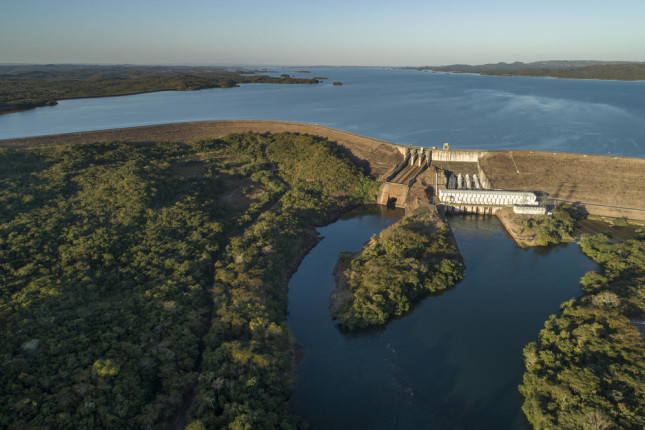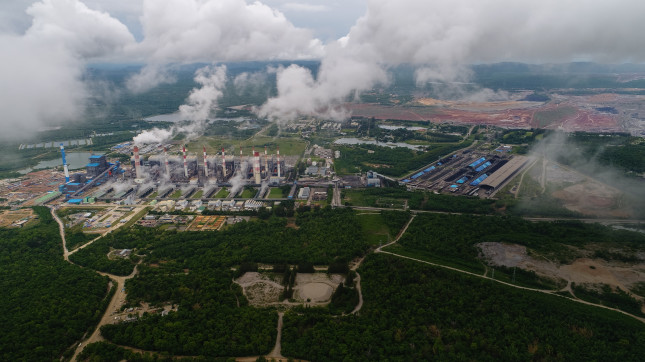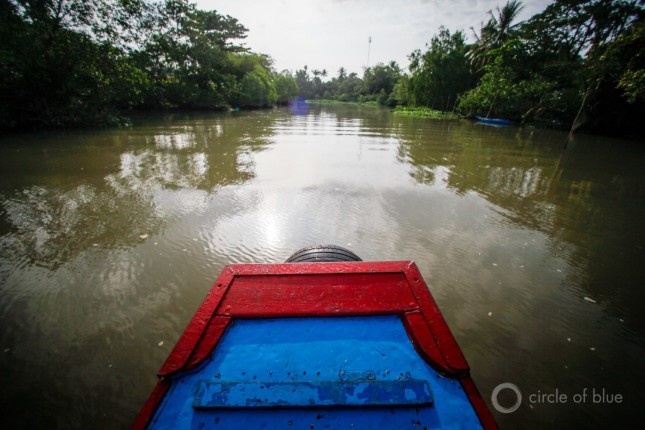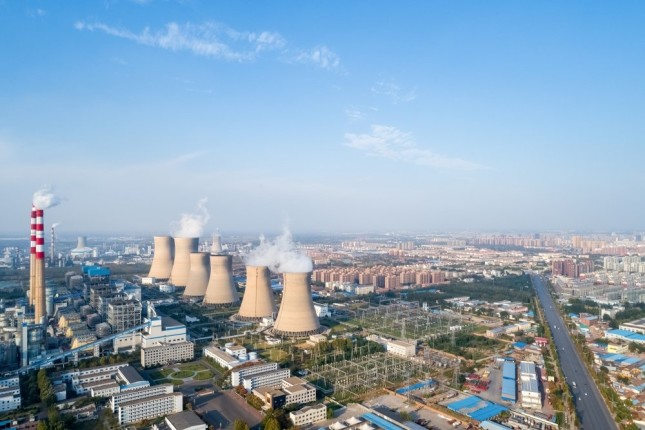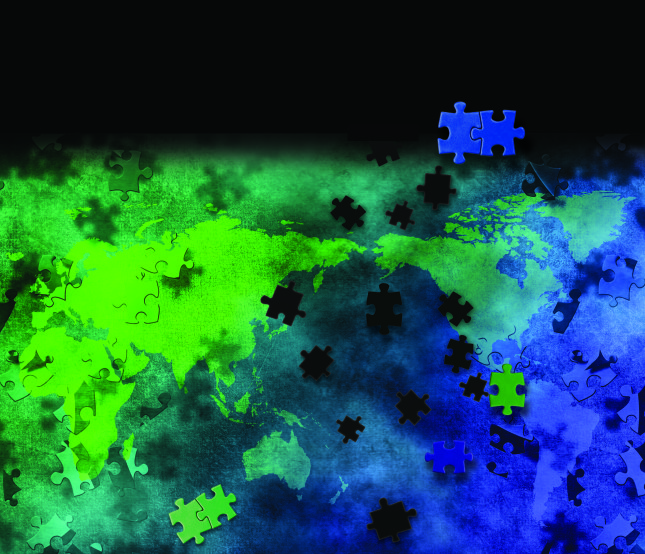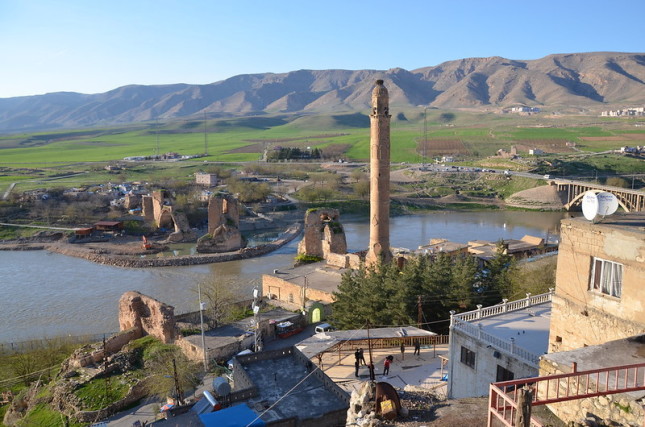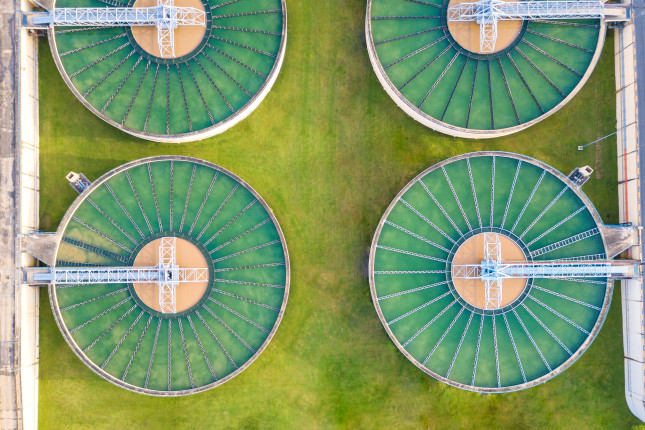-
Decarbonization in the United States and China: Fast and Furious Enough?
›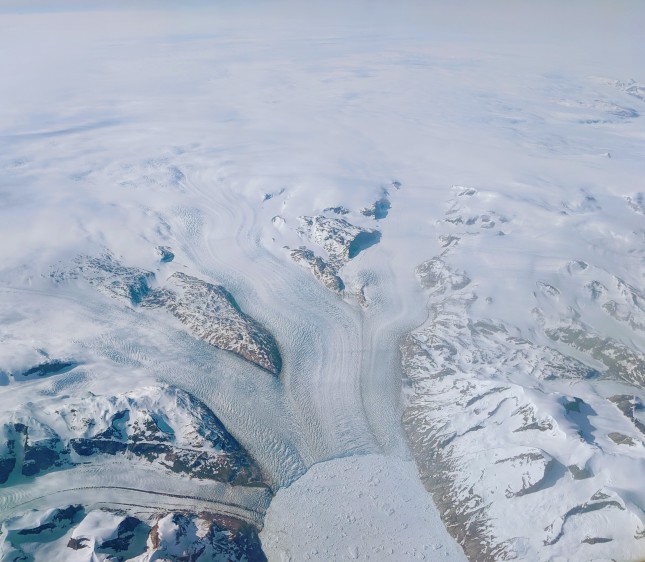
A “code red for humanity”— that is how UN Secretary General António Guterres described the future climate scenarios laid out in the International Panel on Climate Change’s Sixth Assessment Report. According to the report, CO2 in the atmosphere has reached levels unseen in 2 million years, amplifying floods, droughts, and other environmental catastrophes around the world.
-
Navigating Trade-Offs Between Dams and River Conservation
›
Connected and healthy rivers deliver diverse benefits that are often overlooked: freshwater fish stocks that improve food security for hundreds of millions of people, nutrient-rich sediment that supports agriculture and keeps deltas above rising seas, floodplains that help mitigate the impact of floods, and a wealth of biodiversity. Navigating Trade-Offs Between Dams And River Conservation, a new report in the journal, Global Sustainability, reveals that if all proposed hydropower dams are built, over 260,000 km of rivers (160,000 miles), including the Amazon, Congo, Irrawaddy, and Salween mainstem rivers, will lose free-flowing status.
-
The Biden Administration Confronts the Climate-Carbon Cleavage
›
Of the many ways in which the 2020 presidential election might reshape American society, its impact on climate policy may well be the most significant. The Biden administration’s ability to move forward with its agenda, however, is greatly constrained by the carbon-climate cleavage that increasingly shapes American legislative politics and electoral competition. The administration has met this challenge with a three-prong strategy intended to bridge this cleavage.
-
Four International Water Stories to Watch in 2021
›
The travails of the last year, when a bat virus infected humans and turned the world upside down, were an unfortunate reminder of the inseparable ties between society and the natural environment.
So it is with water, which will again this year direct the course of history, through events small and large.
What are the large events to pay attention to? What are the trends and flashpoints?
-
China, Japan, and Korea: “Cleaner” Than the Worst Coal Plants, but Nowhere Near “Clean” Energy
›
The convergence of environmental pressures and economic recession due to the COVID-19 pandemic makes the future of international finance for coal-fired power plants increasingly uncertain. Environmental advocates have long been concerned about international coal investments locking host nations into decades of harmful air pollution and carbon dioxide emissions that cause global climate change. Now, the future of these planned coal plants is at a crossroads.
-
21st Century Diplomacy: Foreign Policy is Climate Policy (Report & Project Launch)
›
Climate change will upend the 21st century world order. It will redefine how we live and work, and change the systems of production, trade, economics, and finance. Even now, in the midst of a global pandemic, it is clear that climate change will be the defining issue of this century. In fact, COVID-19 has only underscored the inadequacy of our responses to global crises and heightened the urgency of this call to action. 21st century diplomacy will have to raise climate ambition, shape the transformative systems change needed, and promote and facilitate new modes of multilateral collaboration.
-
Equitable, Effective Climate Resilience Requires Cultural Intelligence
›
By the end of 2020, Turkey’s long awaited Ilisu dam project will be complete. Turkey argues this new dam will bring power independence and shore up economic stability. As an added bonus, it ensures water resiliency in a water-scarce region. Meanwhile, environmentalists bemoan habitat destruction, and Iraqis worry about water shortages they will experience down river. For the Kurds, the Ilisu dam project wipes out thousands of years of culture. For them, it’s the latest in a methodical cultural extermination which has been their plight since the founding of the Republic of Turkey.
-
The Top 5 Posts of August 2020
›
As Beijing prepares to host the 2022 Winter Olympics, China’s environmental activities are once again on center stage. The Wilson Center’s China Environment Forum took the top spot this month with Karen Mancl and Richard Liu’s coverage of the new program report, “Closing the Loop on China’s Water Pollution,” which details what China can learn from New York, Washington, D.C., and Singapore, to advance its wastewater and carbon reduction targets.
Showing posts from category energy.


